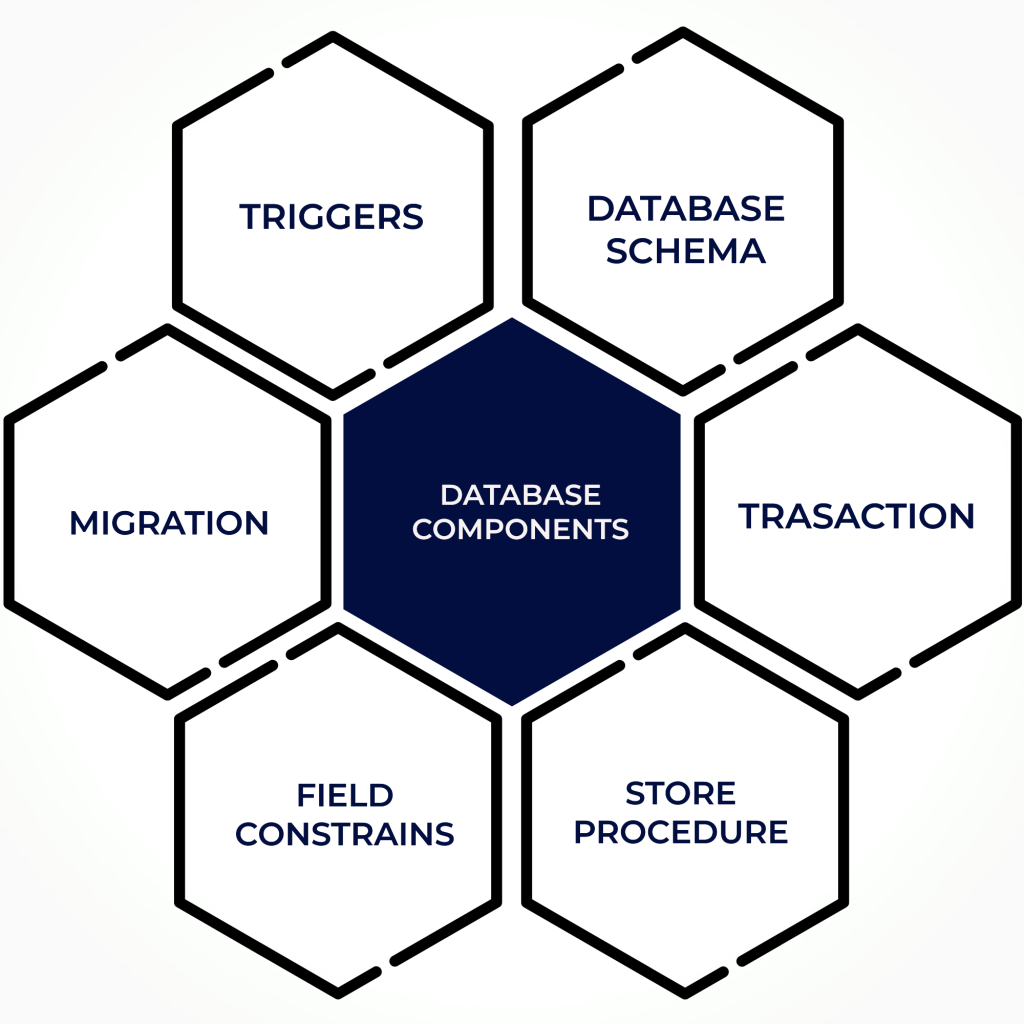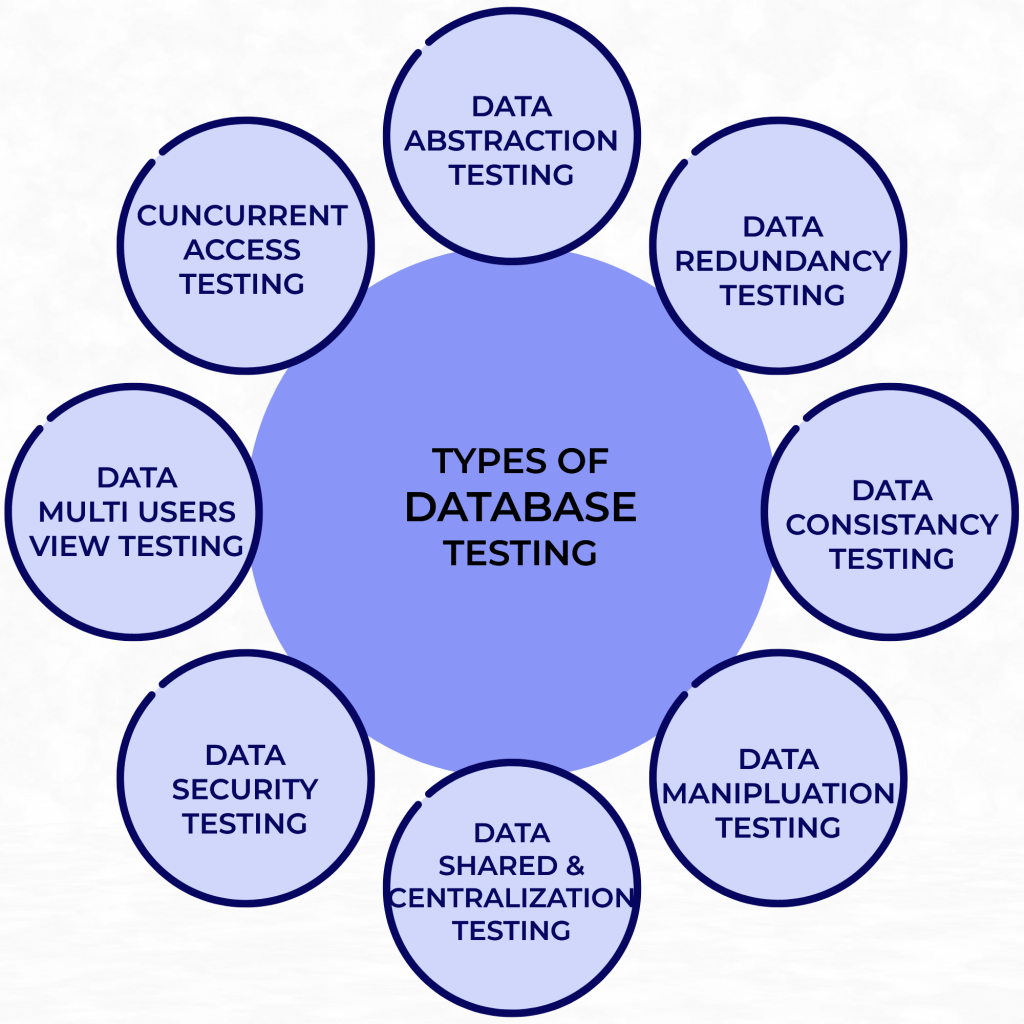Database Testing

Database testing is an essential part of any software testing process. It helps ensure that the data stored in a database is accurate and can be accessed by authorized users. DB testing can be performed manually or using automated tools.
There are several different techniques that can be used for DB testing, including: functional testing, load testing, regression testing, and stress testing. Each of these techniques has its own set of tools and methods.
Functional testing is used to test the functionality of the database and its components. This type of testing can be performed using various tools, such as: SQL queries, data entry forms, and reporting tools. Load testing is used to test the performance of the database under heavy loads. This type of testing can be performed using: load generators, stress testers, and performance monitors.
Stress testing is used to test the stability of the database under extreme conditions. This type of testing can also be performed using: load generators, stress testers, and performance monitors
Our approach
There are many different techniques that can be used for database testing. Some common techniques include:
• Data entry testing: This technique is used to verify that data can be entered correctly into the DB. This includes verifying that the correct data format is used and that required fields are not left blank.
• Data retrieval testing: This technique is used to verify that data can be retrieved from the DB as expected. This includes verifying that the correct data is returned and that the results are displayed in the expected order.
• Data security testing: This technique is used to verify that data is stored securely in the DB. This includes verifying that sensitive information is encrypted and that access to the database is restricted to authorized users.
• Data integrity testing: This technique is used to verify that data in the database has not been corrupted or lost. This includes verifying checksums or hash values for records in the database.

Why DragonFlyTest
- Identifying and fixing errors early on, organisations can avoid costly and time-consuming problems further down the line.
- Gain the confidence that the databases are working properly
- Ensure the accuracy and consistency of data
- Identify potential problems with database design or implementation
- Data within a database is accurate and can be accessed as intended
- Checks for data integrity issues, such as missing or duplicate data
- Database permissions are set up correctly
- Users can only access the data they are supposed to be able to see
- Data integrity testing ensures that data is not corrupted or lost during storage or retrieval
- Performance testing ensures that databases can handle the workloads placed on them
- Stress testing simulates high traffic conditions to identify any potential bottlenecks
- DB testing also helps to ensure compliance with data regulations such as GDPR
From Our Blog Posts

Common Testing Tips and Hacks
Table of Contents TESTING HACKS TESTING HACK # TESTING HACK DESCRIPTION TOOLS TEST HACK STEPS TH_1 To prove that login credentials are stored in browser

Testing Team Growth Path and Core Values and Job Descriptions
Table of Contents CAREER GROWTH PATH-SOFTWARE TESTING QA TEAM ROLES & RESPONSIBILITIES-BE LIKE TESTING SPECIALIST [AUTOMATION TESTING] ROLES & RESPONSIBILITIES: Successful Candidate will join a

Testing Team Career Path and QA Core Values
Table of Contents CAREER GROWTH PATH-SOFTWARE TESTING QA CORE VALUES & RESPONSIBILITIES-BE LIKE Sr/ Test Manager Report to Practice Head – Testing of all QA

